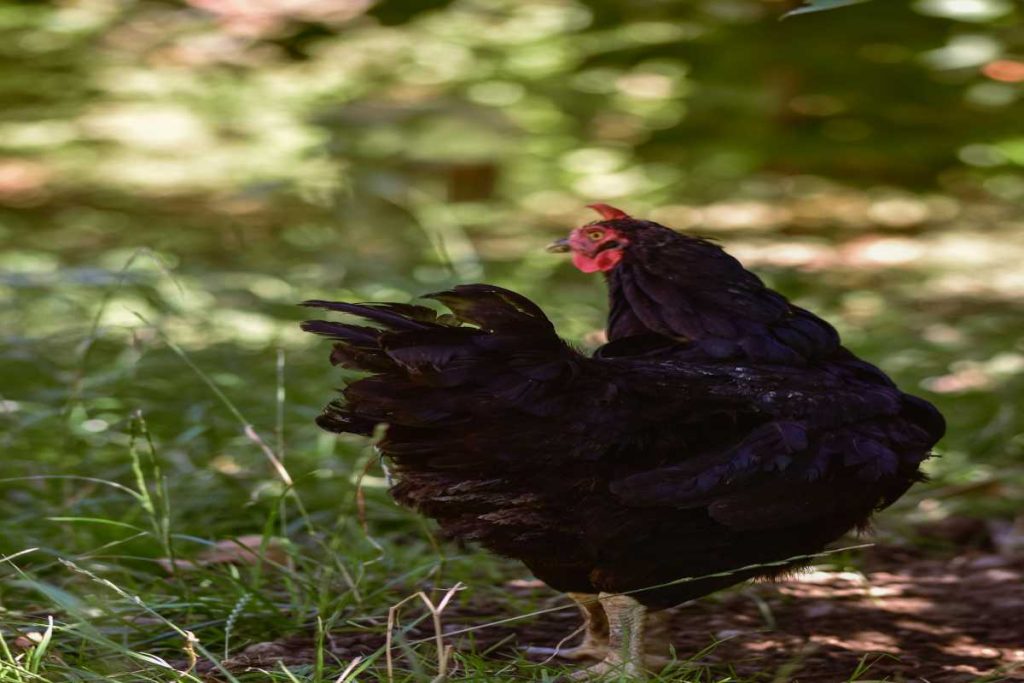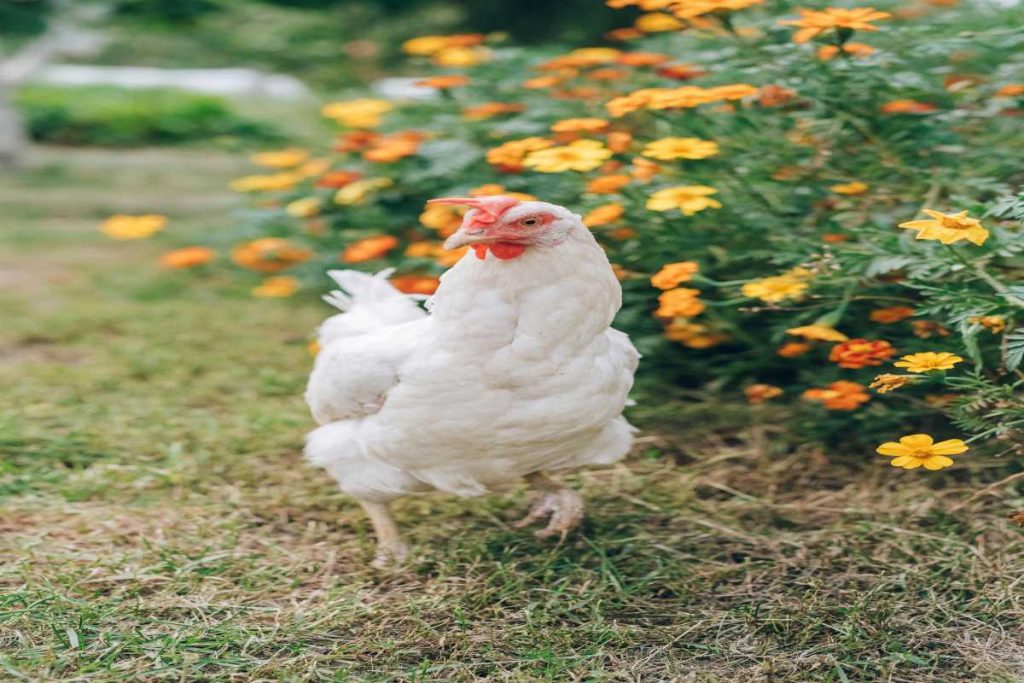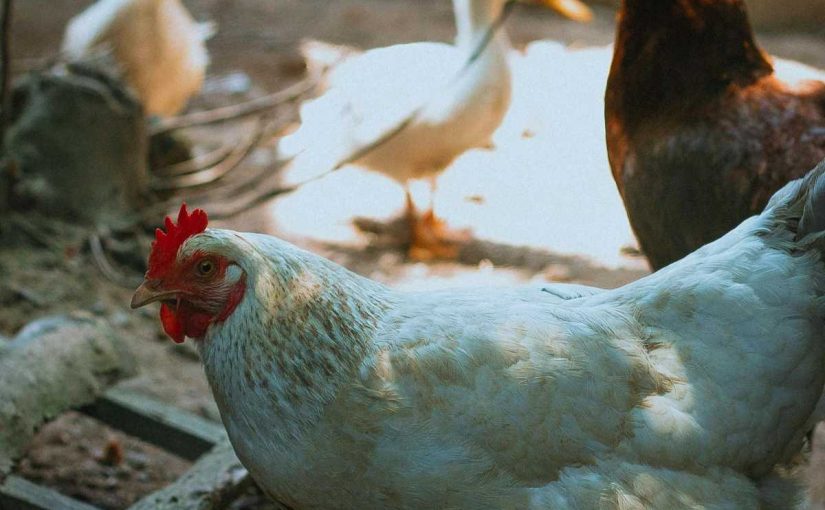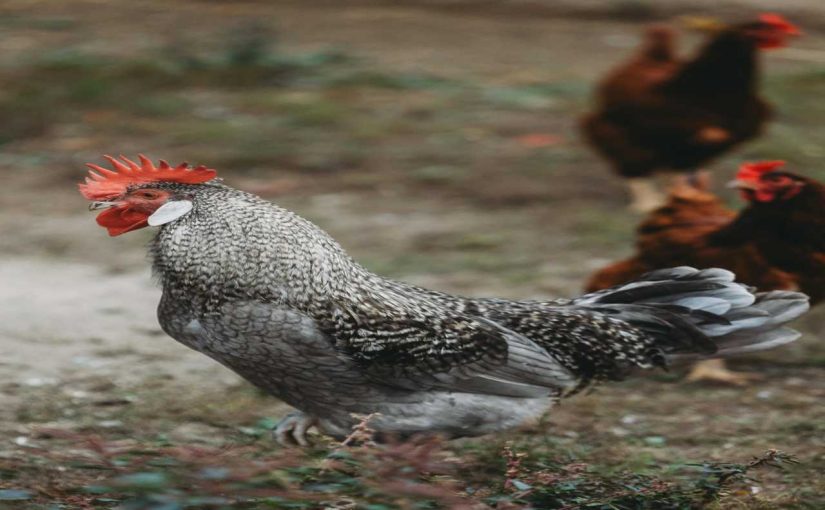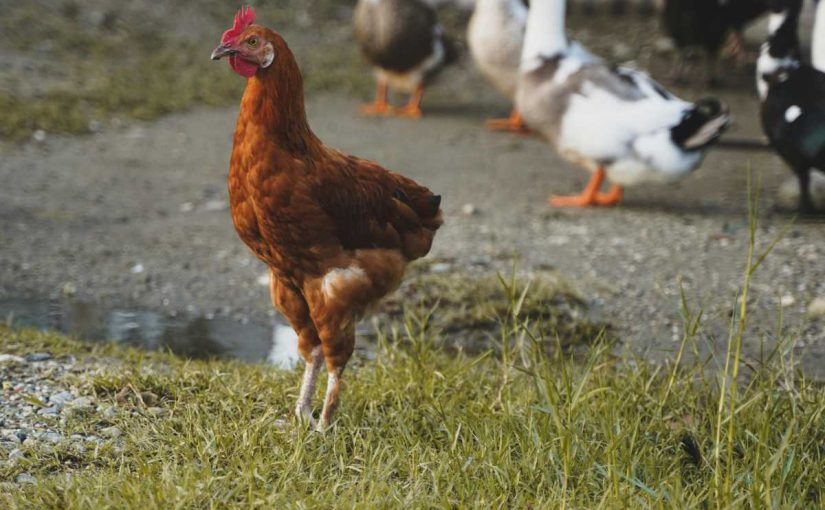If you’re looking for a natural and effective way to manage pests in your garden, consider harnessing the power of chickens! These feathered friends not only provide fresh eggs but can also help keep your garden free from unwanted insects, weeds, and even small rodents. This guide will explore how to use chickens for pest control, the benefits they offer, and tips for integrating them into your gardening routine.
1. Understanding Chickens as Natural Pest Controllers
Chickens are omnivorous birds that love to forage. Their natural behaviors make them excellent pest controllers. Here’s how they contribute to pest management:
- Insect Control: Chickens will scratch and peck at the ground, eating a wide variety of insects, including beetles, slugs, grasshoppers, and caterpillars. This can significantly reduce the pest population in your garden.
- Weed Management: While chickens are not as effective at weed control as some other animals, they will occasionally munch on young weeds, helping to keep your garden tidy.
- Fertilization: As they roam and forage, chickens also produce droppings that can act as a natural fertilizer, enriching your soil as they control pests.
2. Choosing the Right Chicken Breeds
Not all chicken breeds are equally suited for pest control. When selecting chickens for your garden, consider the following breeds known for their foraging abilities:
- Rhode Island Reds: Hardy and active, these chickens are excellent foragers and can help control a variety of pests.
- Leghorns: Known for their agility and high energy levels, Leghorns are great at hunting insects.
- Plymouth Rocks: These friendly birds are excellent foragers and can help manage pests while also providing a good egg yield.
- Silkies: While not as productive as layers, Silkies are gentle foragers and can help control smaller pests.
3. Creating a Safe Foraging Environment
To maximize the benefits of using chickens for pest control, it’s essential to create a safe and controlled foraging environment in your garden.
Fencing and Enclosures
- Secure Fencing: Ensure your garden is surrounded by secure fencing to keep chickens safe from predators and to prevent them from wandering too far.
- Chicken Run: Consider building a chicken run where they can roam freely while being protected from potential threats. This allows for controlled foraging without damaging your garden.
Rotational Grazing
- Rotate Chickens: Implement a rotational grazing system by moving your chickens around different sections of your garden. This prevents them from over-foraging and allows areas to recover, maintaining soil health.
- Limit Time: Limit the time chickens spend in certain areas, especially around tender plants. They can easily uproot young seedlings if left unsupervised.
4. Using Chickens for Specific Pest Problems
Chickens can help control specific pest problems in your garden. Here’s how to utilize them effectively:
Flea Beetles and Aphids
- Foraging: Allow chickens to roam in areas affected by flea beetles and aphids. Their natural pecking behavior will help control these pests before they damage your plants.
Slugs and Snails
- Control Measures: Chickens are particularly good at controlling slugs and snails. They will eagerly seek them out in moist areas of your garden.
Weed Management
- Young Weeds: While chickens won’t eliminate weeds entirely, they will eat young weeds. Allow them access to garden areas where weeds are starting to sprout.
5. Integrating Chickens into Your Gardening Routine
To make the most of using chickens for pest control, integrate them into your gardening routine:
Feeding and Care
- Supplemental Feeding: While chickens are excellent foragers, ensure they have a balanced diet by providing quality layer feed, especially if they are foraging less during certain seasons.
- Water and Shelter: Ensure chickens have access to clean water and adequate shelter from the elements.
Companion Planting
- Plant Strategically: Use companion planting to maximize your garden’s potential. Certain plants can deter pests naturally, and when combined with chickens, you create a synergistic pest control system.
Observation and Adjustment
- Monitor Pest Levels: Regularly observe pest levels in your garden. If certain pests persist, you may need to adjust your chicken’s access to specific areas or consider other pest control methods.
- Adjust Access: If you notice that chickens are damaging plants, adjust their access or the layout of your garden to protect vulnerable crops.
6. Considerations and Precautions
While chickens can be incredibly beneficial for pest control, there are some considerations to keep in mind:
- Plant Protection: Be cautious with young or delicate plants. Chickens may dig them up while foraging, so provide barriers or supervision as needed.
- Pest Identification: Ensure that chickens are targeting pests rather than beneficial insects. For example, they may also eat pollinators if not supervised.
- Disease Management: Monitor your flock for any signs of illness and maintain good hygiene practices to prevent the spread of diseases.
7. Conclusion
Using chickens for pest control in your garden is a natural, sustainable, and rewarding method of managing pests while also enjoying the benefits of fresh eggs. By understanding their behavior, choosing the right breeds, and creating a safe foraging environment, you can effectively integrate chickens into your gardening routine. With a little planning and observation, you’ll have a thriving garden free from pests, all thanks to your feathered friends. So, let your chickens roam and watch as they help create a healthy and productive garden!
